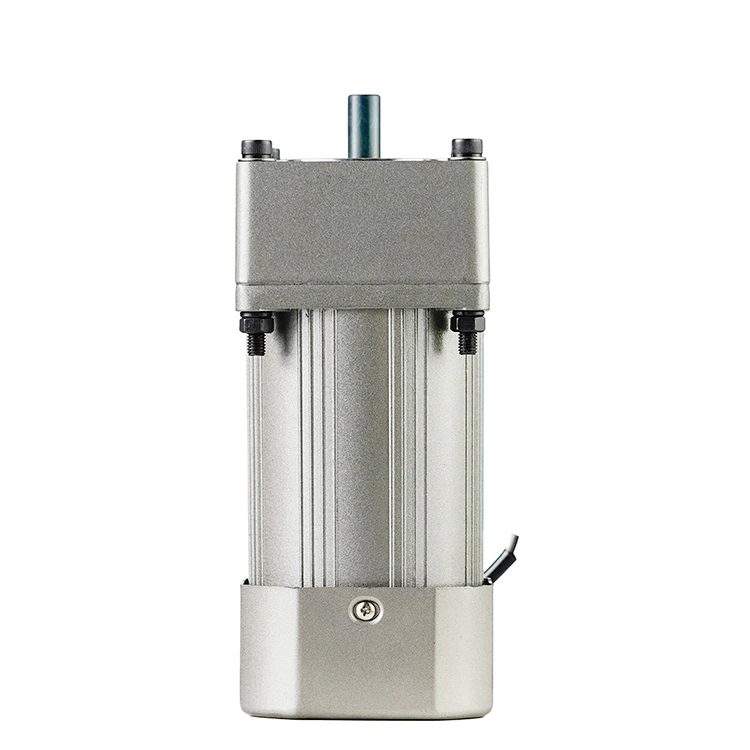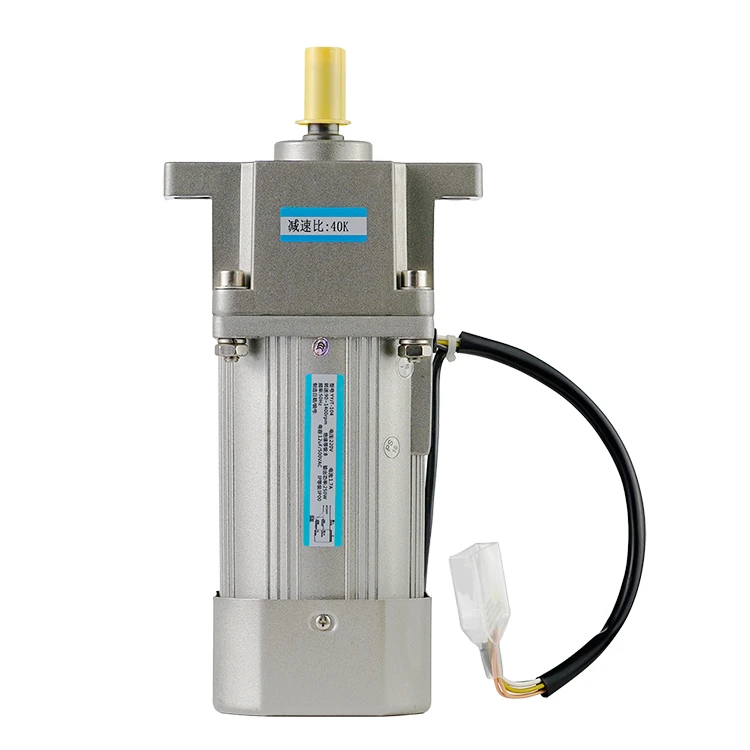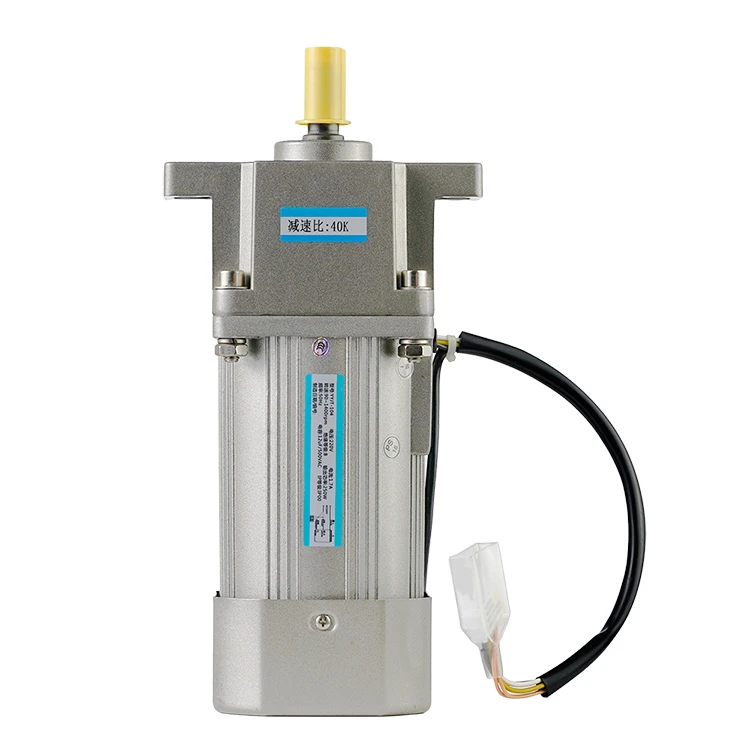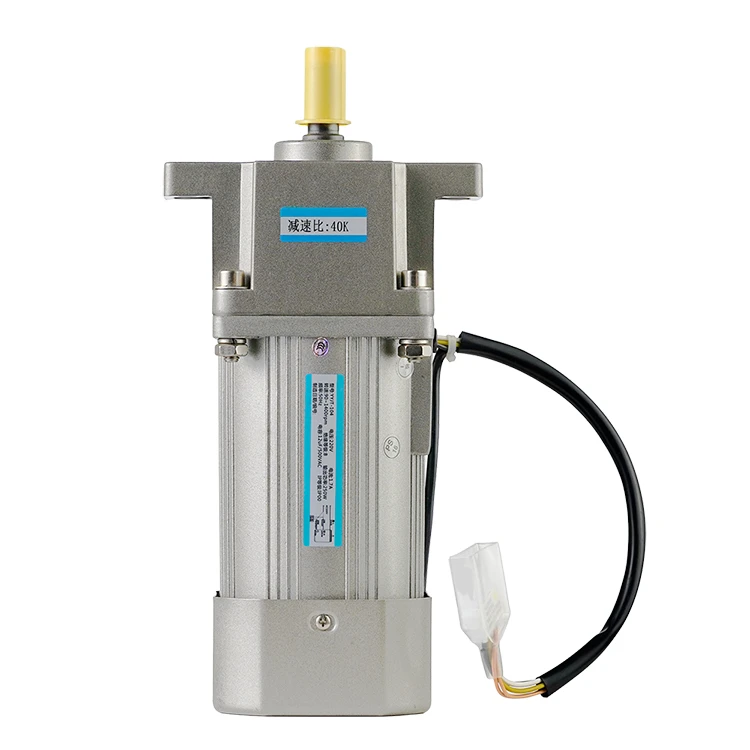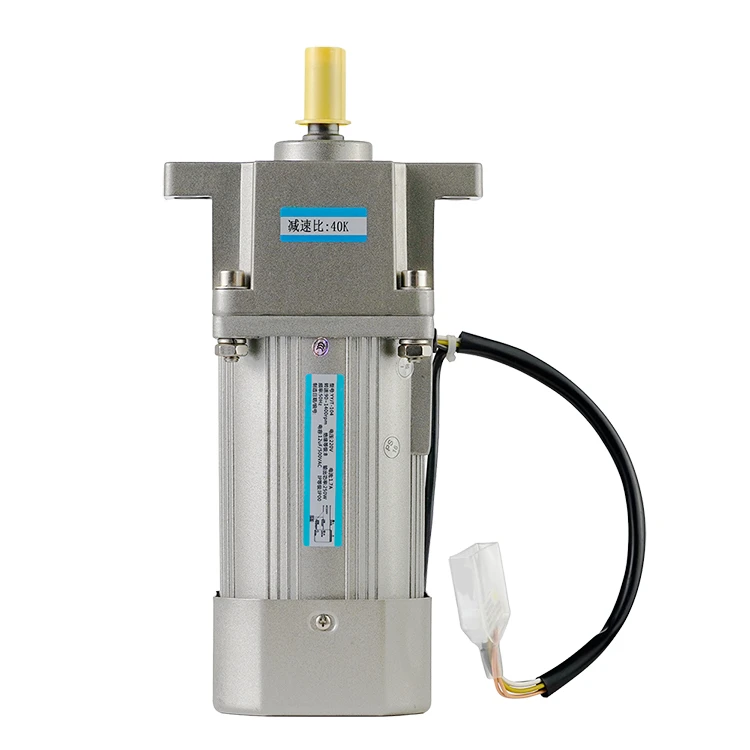What are AC motors used for?
2023-02-13 16:27:36
AC motors are electric motors that run on AC power. AC motors can be divided into two main categories: induction motors and synchronous motors. Induction motors are the most common type of AC motor and are used in a wide range of applications, from small appliances to large industrial systems. Synchronous motors are typically used in applications that require precise speed control, such as clocks and other timing devices. Both types of AC motor operate on the principle of electromagnetic induction and are used in a variety of applications, including driving machinery, fans, pumps, and conveyors. This article analyzes the specific application of AC motors.
Introduction to AC Motors
AC motors operate on the fundamental principle of electromagnetic induction, converting electrical energy into mechanical energy. The two main types — induction motors and synchronous motors — cater to different operational demands. Induction motors, renowned for their durability and simplicity, are the more prevalent type and find utility in a broad range of applications. On the other hand, synchronous motors, known for their precise speed control, are indispensable in applications requiring meticulous timing.

The ubiquity of AC motors across various sectors is testament to their versatility and efficiency. Below is an in-depth exploration of the industries that benefit from the unique advantages of AC motors:
- HVAC (Heating, Ventilation, and Air Conditioning)
In the HVAC industry, AC motors are pivotal in ensuring comfort and air quality. They drive blowers in furnaces and air conditioners, significantly contributing to efficient temperature and humidity control. Additionally, AC motors regulate dampers and valve actuators, optimizing airflow and ensuring precise environmental conditions.
- Manufacturing and Process Plants
The backbone of manufacturing and process industries, AC motors drive an array of machinery, including conveyors, pumps, and fans. Their reliability and control capabilities ensure seamless production processes, from assembly lines to intricate manufacturing operations.
- Automotive and Aerospace
AC motors have made significant inroads into the automotive sector, especially with the advent of electric and hybrid vehicles. They power the drivetrain, offering an eco-friendly alternative to conventional engines. In aerospace, these motors are essential for operating hydraulic pumps, air conditioning compressors, and generators, ensuring the functionality of vital aircraft systems.
- Food, Beverage, and Agriculture
In food and beverage processing, AC motors facilitate the movement and processing of products through conveyors and pumps. Similarly, in agriculture, they power essential machinery like tractors and combines, enhancing productivity and operational efficiency.
- Construction and Medical Equipment
The robustness of AC motors makes them ideal for construction equipment such as excavators and bulldozers. In the medical field, these motors are crucial in life-saving equipment, including ventilators and dialysis machines, underscoring their importance beyond industrial applications.
- Marine and Consumer Products
In marine applications, AC motors drive propulsion systems, playing a vital role in navigation and operation of ships. The consumer products industry also benefits from these motors, with widespread use in appliances like vacuum cleaners, washing machines, and refrigerators.
Conclusion
In summary, AC motors are used in a wide variety of applications because of their versatility, reliability and ability to be easily controlled. From enhancing comfort in homes and workplaces to driving innovation in automotive and aerospace technology, these motors are integral to the functioning of modern society. Their reliability, ease of control, and ability to power diverse machinery underscore their pivotal role in both household and industrial environments. As technology advances, AC motors continue to evolve, promising even broader applications and greater efficiency in the future.
See What Lunyee Can Do For You
Contact Us
- 8619149417743
- +86-0371-5562 0274
- [email protected]
- Zhengzhou, Henan Province, China
- Mon-Fri: 9:00 - 18:00
